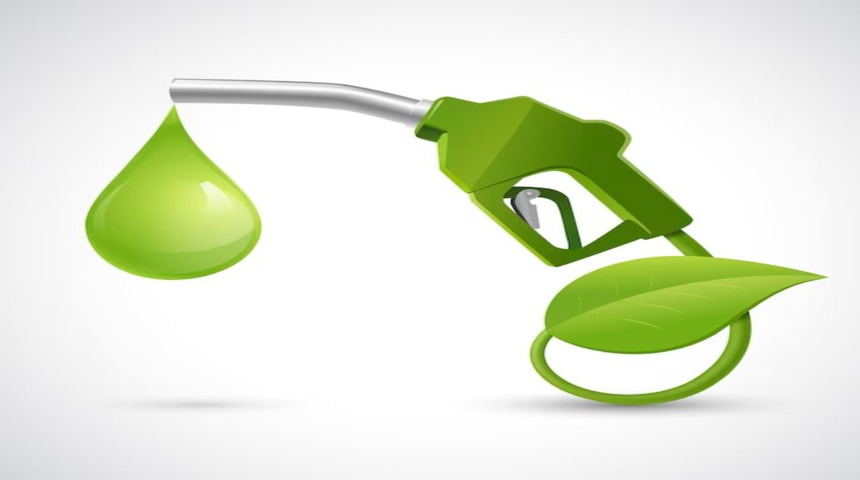Ethanol Blending | India | Insight

Around 7-8 years ago, ethanol was seldom a topic of discussion in the country. However, at present, it has emerged as a significant priority for India in the 21st century. Acknowledging the accomplishments of recent years, the government has made the decision to expedite the target of achieving 20% ethanol blending in petrol. The new target date has been moved up by 5 years, from 2030 to 2025.
To facilitate this shift, not only sugarcane but also modern technology-based ethanol plants are being established nationwide to convert agricultural waste into ethanol. This increased focus on ethanol has had a positive impact on both the environment and the lives of farmers.
In the past, in the year 2013-14, the country was purchasing 38 crore liters of ethanol. However, in ESY 21-22, this amount has risen significantly, exceeding 10 times to 408 crore liters. This has resulted in the purchase of ethanol amounting to approximately ₹25,750 crore in ESY 21-22, a substantial portion of which has benefited our farmers. Especially sugarcane farmers have experienced notable benefits from this development.
Moreover, ethanol also plays a role in addressing challenges related to the sales and storage of excess food grains and sugar. By mitigating such challenges, ethanol becomes a crucial factor in the interest of the farmers.
India is the world’s third largest energy consuming nation and a significant part of India’s energy requirement is met through oil which continues to rely largely on imports. India’s share in global energy consumption is set to double by 2050. A rising energy demand and high reliance on import poses significant energy security challenges. It also leads to massive foreign currency outflow.
Further, excessive use of fossil fuels leads to higher carbon emissions and associated health concerns. Domestically produced ethanol is a potential opportunity to reduce reliance on oil imports by blending it with conventional fossil fuels for consumption. India started blending ethanol in petrol on a pilot basis in 2001. The ethanol was produced as a byproduct during the process of making sugar from sugarcane.
Ethanol remained stagnated until recently when transformative reforms were carried out.

